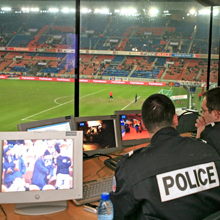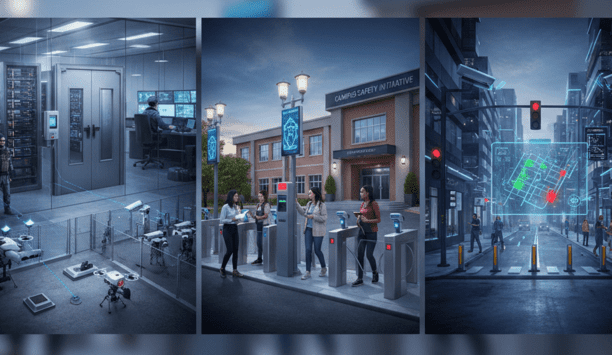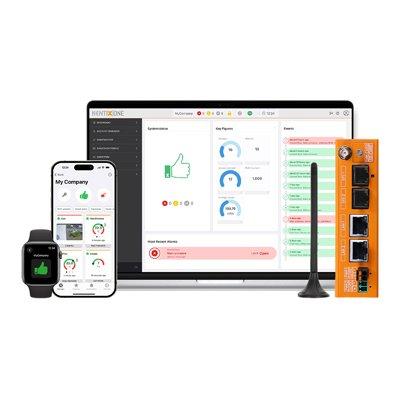 |
| During the EURO 2016 event, tactical cells were set up to ensure communications for the special forces |
With the EURO 2016 football tournament safely concluded, the nationwide mission-critical radio networks for police and public-protection services in France proved to be resilient, flexible and secure. The INPT and RUBIS networks used by the French public protection organisations helped to ensure security during Europe’s most important football event.
Securing Euro 2016
During the competition 42,000 police officers, 30,000 gendarmes and 5,000 rescue service personnel all worked towards securing the stadiums and host cities. They coordinated their actions via the mission-critical radio networks RUBIS and INPT, which were provided by Airbus Defence and Space. 10,000 military troops from the ‘Sentinelle’ operation for enhancing security in France were at times also involved in providing public protection.
Exchanging information
To reinforce security during the EURO 2016 event, tactical cells were set up to ensure communications for the special forces. Moreover, several fixed Tetrapol repeaters were placed at strategically important sites, such as police headquarters and stadia. These tactical cells were interconnected over a virtual private network, so the forces of law and order could exchange information in the usual manner, inside and outside the grounds. This meant that they could also stay in permanent contact with the crisis management team based in Paris.
Future events
“Our technology stood up to the test throughout the entire tournament and the security forces were able to communicate easily against the complex backdrop of this event,” explains Thierry Becker, Vice-President Western Europe and Africa of Secure Land Communications at Airbus Defence and Space. “Now that France has shown that it was able to successfully host the EURO 2016 in the light of the increased threat of terrorist attacks, the communication infrastructure will increasingly play a decisive role for future events,” he underlines.
Understand how AI can transform business security strategies with our insights and analysis on AI in security.























